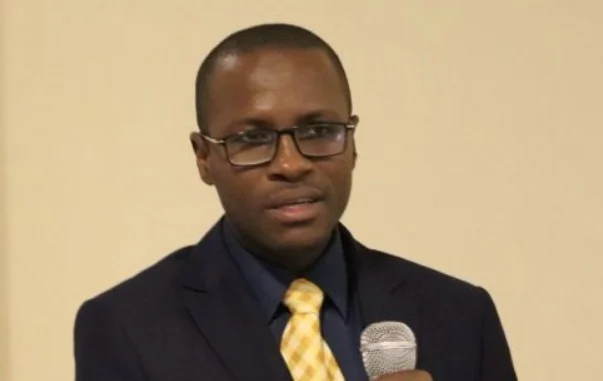
NUJ seeks safer work environment for journalists
Disturbed by the challenges besetting the effective execution of the anti-graft war in Nigeria, Chairman of the Independent Corrupt Practices and Other Related Offences Commission (ICPC), Dr Musa Adamu Aliyu, yesterday, charged the media to identify with the crusade in saving the country.
He stated that the Fourth Estate of the Realm is a critical stakeholder in promoting transparency and accountability.
Aliyu tasked the media to explore its investigative prowess in support of the commission’s efforts to stem corruption.
Speaking at a one-day workshop with the theme: “Power of the Pen in the Fight Against Corruption,” organised for journalists from across the federation in Abuja, the ICPC boss also highlighted the essential roles the press must play in fostering transparency, holding individuals and institutions accountable, and in the long run, stem the tide of corruption.
Aliyu said: “The media is a key ally in our fight against corruption. Without the work of investigative journalists and robust reporting, much of the corruption we see today would remain hidden from the public eye.”
At the event, organised in partnership with the Nigeria Union of Journalists (NUJ) and MacArthur Foundation, which focused on building the capacity of journalists to report on corruption and governance issues, the chairman stressed also that the media is a crucial partner in exposing corrupt practices and creating public awareness about the detrimental effects of graft.
He urged media practitioners to continue digging deep into corruption cases and ensure accuracy, fairness, and professionalism in their reporting.
“The ICPC is committed to supporting the media in this fight, and we encourage collaboration that will allow for the accurate dissemination of information that helps the public understand the scale and impact of corruption in Nigeria,” he added.
Aliyu called for continued dialogue and partnership between anti-corruption agencies and the media, emphasising that a well-informed and proactive press is essential for winning the battle against graft in the country.
Country Director, MacArthur Foundation, Dr Kole Shettima, on his part, called on the media to not only expose corruption but also highlight positive stories and individuals driving change in Nigeria’s fight against the menace.
He stated that the media’s dual responsibility included holding corrupt individuals accountable and promoting stories of integrity and transformation.
The ICPC helmsman continued: “The media plays an instrumental role in shaping perceptions and narratives. It is crucial to expose corruption, but it is equally important to promote individuals and institutions that are making positive contributions to the country’s development.
“When the public sees positive examples, it not only strengthens trust in institutions but also encourages more people to engage in ethical practices.”
He encouraged the media to leverage its power to build a more hopeful narrative for Nigeria, where transparency, integrity, and good governance are celebrated and rewarded.
In his remarks, NUJ President, Christopher Isiguzo, urged the safety and security of journalists as they carried out their crucial duty of exposing corruption nationwide.
He emphasised that without adequate protection, journalists remain vulnerable to threats, harassment, and violence, and this in the long run, undermines their ability to carry out their duties effectively.
His words: “Journalists play an essential role in the fight against corruption, and it is imperative that their safety and security be treated as a top priority. Part of the responsibility of the commission is to ensure safety of journalists while reporting corruption cases.
“If we are to continue this essential work of exposing corruption and holding public officials accountable, journalists must be able to operate in a safe environment, free from intimidation and harm.”
He highlighted the numerous cases of attacks on journalists in Nigeria, especially those involved in investigative reporting on corruption, emphasising the urgent need for government and security agencies to take stronger measures to support the press.
Isiguzo called on both state and non-state actors to respect press freedom, stressing that a free and protected press is crucial for democracy and good governance.






